Leah Rachel von Essen reviews genre-bending fiction for Booklist, and writes regularly as a senior contributor at Book Riot. Her blog While Reading and Walking has over 10,000 dedicated followers over several social media outlets, including Instagram. She writes passionately about books in translation, chronic illness and bias in healthcare, queer books, twisty SFF, and magical realism and folklore. She was one of a select few bookstagrammers named to NewCity’s Chicago Lit50 in 2022. She is an avid traveler, a passionate fan of women’s basketball and soccer, and a lifelong learner. Twitter: @reading_while
It’s two months to the end of the year, and you’re staring down the reading goal that you set on January 1. All kinds of nonsense has conspired to keep you busy from then to now, and you’re no longer sure if it’s possible to get it done. You know you don’t technically have to accomplish your goal (or you should, so let me say, if you don’t know this: you don’t actually have to accomplish that arbitrarily set reading goal), but you want to. And I’ve been there.
As someone who reads a lot of books each year, I’ve gathered a list of ways to help you get there. Whether your goal was to read 10 books or 100, these tips will help you read more, and reach your reading goal with two months of the year left on the calendar.
Tip 1: Stop doom-scrolling.
I know, easy for me to say! We are living in a hellscape right now, and goodness knows we need to be active. But burnt-out activists are useless activists, and we all know that after 15 or so minutes, doom-scrolling ceases to be useful. Carve out time for your hobby instead of letting yourself scroll till bedtime. Bring your book with you to have on the subway, or for lunchtime at work. Set screen limits using an app on your phone. Put your book by your bed and replace your early-morning social media scrolling with a couple book pages instead. Simply converting some of that screen time into reading time will do wonders.
Tip 2: Use tools to keep you focused.
I have a friend who reads before she goes to bed, and a lot of times that means rereading the same sections over and over again because she keeps forgetting what happened. My tip: have a post-it or your notes app handy! Write down the main character names and revelations so that if you have to put it down and pick it up a full week later, you remember where you left off.
The Headline
From Book Riot’s editorial desk, find insights, opinions, and deep dives written by experts and tailored for the consummate Book Nerd who wants to know even more about all things books.
Tip 3: Don’t get defeated. Any reading counts.
Whenever I set a goal, I find myself getting angry when I don’t do well right away, and really well. You decide tonight you’re going to read your book, and then you look up and realize you’re three episodes into Parks & Recreation again, and there’s no point in trying to still read tonight, is there? You already mucked it up.
Well I’m here with an important announcement: there’s still time. It doesn’t have to be the whole night. I once took a class on War and Peace where we read it in just 10 weeks. I thought it would be impossible—1,200 pages in 10 weeks?? But if you broke it down into weekly, then daily goals, it ended up being just 17 pages a day.
You don’t have to finish a book a week. You don’t even have to finish your chapter. Read a page, or a couple, and you’ve officially moved closer to your goal!
Tip 4: For the love of Morrison, if you don’t like the book, put it down!
I used to insist on finishing every book I started. Then one day, someone reminded me that the average person reads 12 books a year, so if you’re say, 30, you have, maximum, 840 books left in your lifetime, and that’s if you stick to a dozen every year. I know, panic attack ensuing, but I promise this is freeing information.
Because if you only have less than 1,000 books to spend time on, for the rest of your life, why in the world would you waste time on this one that’s boring you? Who are you trying to impress? Half the time someone tells me they’re in a reading slump, it turns out they’ve been slogging through the same book for months. I am telling you, from a fellow bookworm: it will never, ever be worth the slog. Put! It! Down!
Book Recommendations
Now that the tips and lectures have been delivered, here are some recommendations for short, zippy books that are 110% still books—good books, at that—and will count towards your reading challenge, but are, again, short. Good luck!
A Psalm for the Wild-Built by Becky Chambers (160 pages)
A monk who travels a post-apocalyptic utopian landscape, comforting people as they go, sets out into the forest to try and hear a rare sound: the crickets singing. In the wilderness, Dex stumbles on a robot named Mosscap, who is determined to find out what people want from life. It’s cozy, sweet, and particularly comforting in our current rough-and-tumble times. And if you like it, you can check out A Prayer for the Crown-Shy next, at just 152 pages.
The Minotaur at Calle Lanza by Zito Madu (184 pages)
Are you more of a memoir kind of reader? If so, you’ll enjoy this memoir/travelogue from a writer who got assigned to travel to Italy not long after borders tentatively reopened in fall 2020. He explores a Venice few will ever get to see, mostly empty and open for wandering. And confusing. Shops open one night are gone the next; people come and go, disappear. In this place of uncertainty, Madu reflects on his parents’ journey into the United States, the madness of the pandemic, and his own past.
Carmilla by Joseph Sheridan Le Fanu, illustrated by Robert Kraiza (141 pages)
No one can possibly shame you for reading a classic for your reading challenge! This one is not only a classic gothic novella, but it’s gay too. Le Fanu found some of his inspiration reading real letters about one girl’s infatuation with another. A young, mysterious girl comes to stay with Laura’s family, and Laura slowly falls under her spell despite being haunted by nightmares and an inexplicable fatigue. New editions come with a bonus stellar intro and beautiful illustrations.
A Few Rules for Predicting the Future: An Essay by Octavia Butler, illustrated by Manzel Bowman (56 pages)
Yes, I mean it—just 56 pages! Octavia Butler is one of the true prophets of our time—in Parable of a Sower, she predicted that 2025 would bring wildfires and the creep of authoritarianism. In this essay, turned into a lovely keepsake artbook, she explores how we can look at our past to predict our future, and how we can use what we have to craft the future that we’d like to see. This one is inspiring, hopeful, but actionable, and is also on the top of my list for gift-giving in the upcoming months.
The River Has Roots by Amal El-Mohtar (105 pages)
Fans of fairytale adaptations and books about Fae will enjoy this story about two sisters who maintain the mysterious willows along the river that runs through both the human and fae kingdoms. The two sisters are closer than anything, even as one of them falls for a person from the other side of the border. But when one jealous man separates them, both sisters will have to set out on a journey to try and reunite and find their place. Poetic, but short.
Want more short book recommendations? Check out our list from the beginning of 2025 for short, speedy reads; investigate books with short, fast-moving chapters; and take recommendations from our list of short books you can squeeze into a short amount of time.

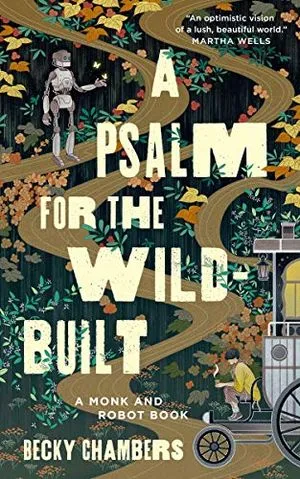
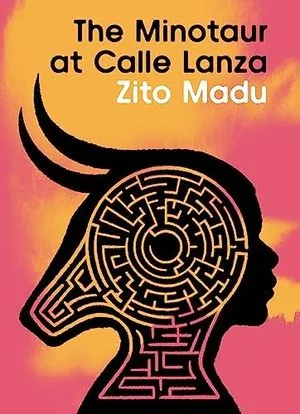

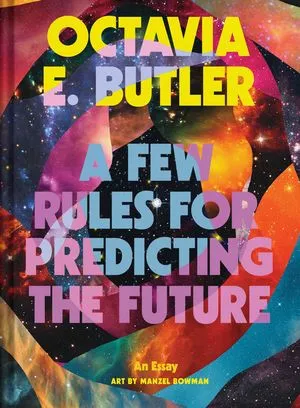
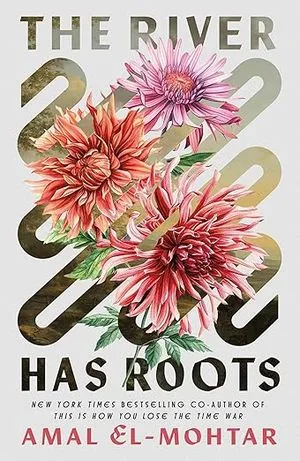
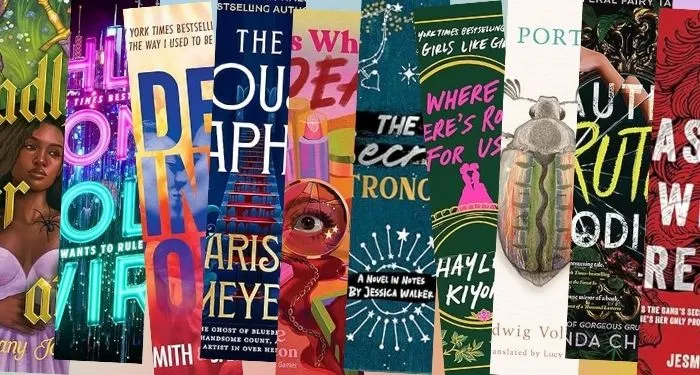



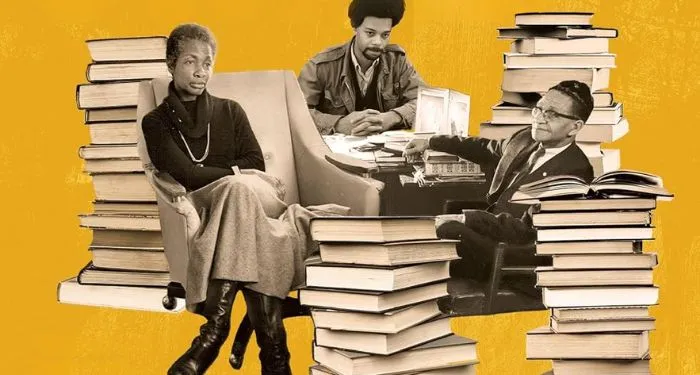


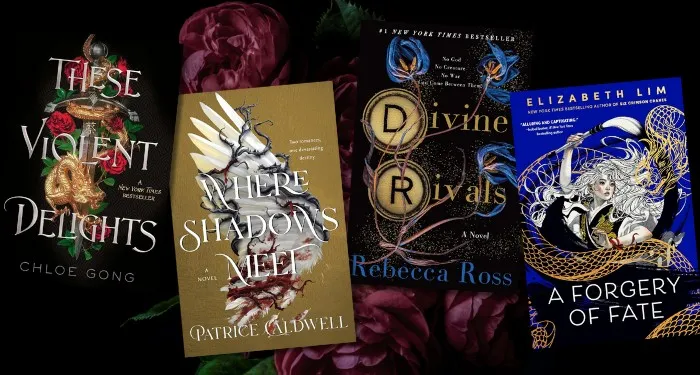









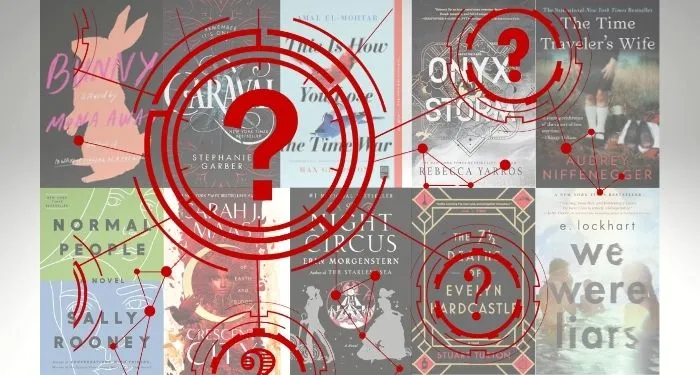
 English (US) ·
English (US) ·